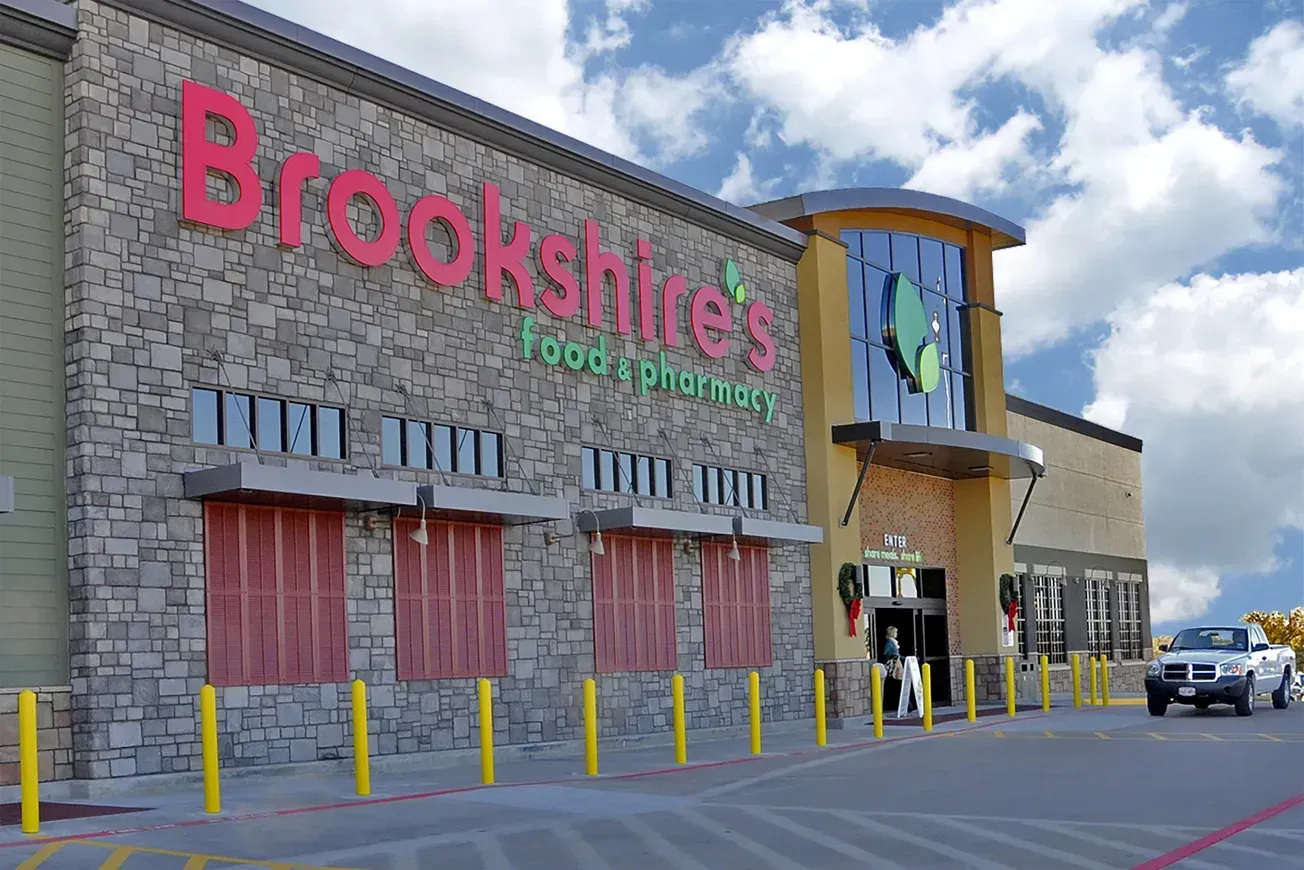PricewaterhouseCoopers (PwC) has unveiled a study about the expectations of supermarket customers. The useful insights contained in the report, which was featured during a session at FMI Connect earlier this month, are based on a recent survey of more than 1,000 shoppers.
PricewaterhouseCoopers (PwC) has unveiled a study about the expectations of supermarket customers. The useful insights contained in the report, which was featured during a session at FMI Connect earlier this month, are based on a recent survey of more than 1,000 shoppers.
"Grocers can no longer rely on providing a one-size-fits-all customer experience," says Steven Barr, leader of the company’s retail and consumer practice in the United States. "The next wave of Millennial consumers is likely to demand individualized attention and a shopping experience that meets their specific wants and needs."
The study — "Front of the line: How grocers can get ahead for the future" — contains both good and bad news for the trade class. On the plus side of the ledger, 83% of respondents indicate that they prefer to shop for food at traditional supermarkets, a pattern that is not expected to change in the near future. At the same time, more than 50% of those surveyed expressed dissatisfaction with the crowded shopping environment and long lines at the checkout, which should give grocers pause in an era when consumers have more options than ever.
In light of those findings PwC recommends that supermarketers tailor brick-and-mortar stores to the needs of the customers that shop them, personalize marketing strategies, empower employees, transform the way they use information technology, and reinvent loyalty programs. All those ideas make sense, and their adoption would go a long way toward energizing a trade class that, more often than not, adheres to the status quo.
One other potential game changer that grocers whose stores include pharmacy departments should not lose sight of is the idea of whole health. Much discussed several years ago, the concept envisions food/drug combination stores as destinations where consumers can benefit from those retailers’ dual expertise. Many chains — Hy-Vee and Wegmans are two examples that come readily to mind — have made great strides in realizing that vision, adding experts on nutrition to their management team and, in some cases, making dietitians available to consumers in the stores.
The nexus of nutrition and health care is a natural sweet spot for supermarket operators. They should do everything they can to capitalize on their inherent strength in that sector.





